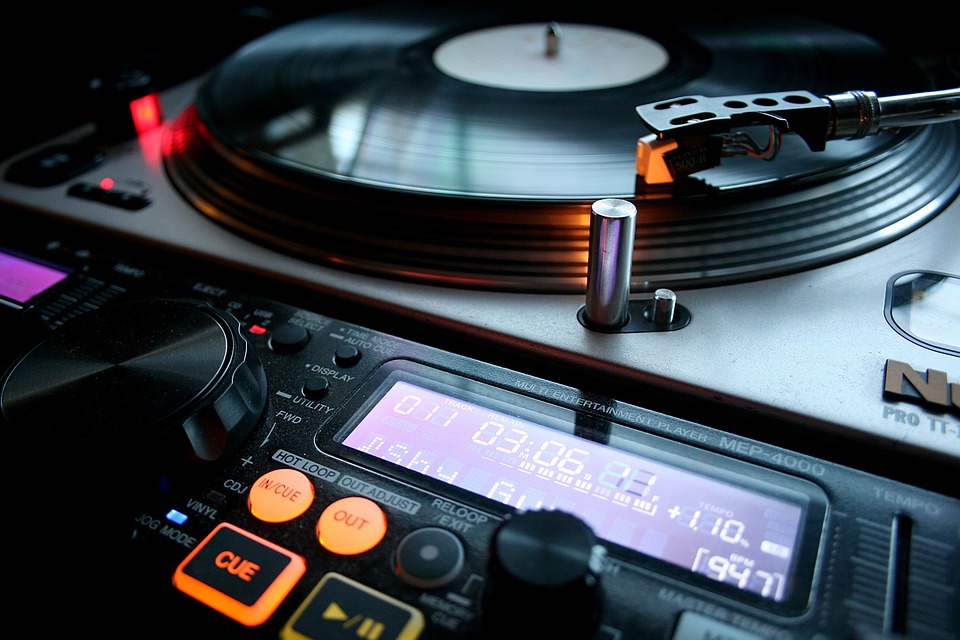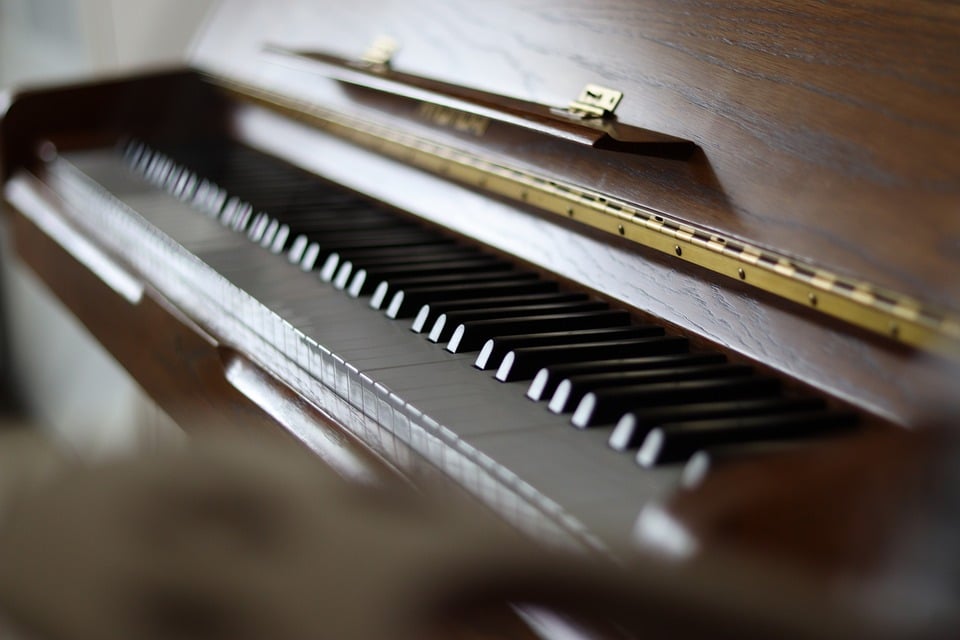The Gibson Les Paul is an iconic guitar, revered by musicians for its rich tone and solid build. However, the high price tag often makes it inaccessible to many. This article delves into the factors that can make a Gibson Les Paul knock-off a viable alternative for budding guitarists and seasoned players alike.
Understanding the Gibson Les Paul Legacy
The Gibson Les Paul has a storied history that dates back to the early 1950s. Designed in collaboration with legendary guitarist Les Paul, this model quickly gained popularity among rock and blues musicians. Its unique combination of a solid mahogany body and carved maple top contributes to its warm, sustained sound, making it a favorite among guitarists worldwide. The Les Paul has been used by countless iconic musicians, solidifying its status as a symbol of rock n’ roll.
However, the allure of the Les Paul comes with a hefty price tag. Original models can easily cost thousands of dollars, making it impractical for many aspiring musicians. This has led to the rise of knock-off versions, which aim to replicate the classic design and sound at a fraction of the cost.
The Appeal of Knock-Off Guitars
Knock-off guitars have garnered a reputation for being budget-friendly alternatives to high-end models like the Gibson Les Paul. These replicas often capture the aesthetic and feel of the original, making them attractive to those who want the look and sound without the financial burden. Many players are drawn to the idea of owning a guitar that resembles a Les Paul, especially if they are just starting out or are on a tight budget.
Moreover, some knock-off brands focus on quality craftsmanship. While not all knock-offs are created equal, many manufacturers have invested in better materials and construction techniques, resulting in instruments that can compete with the originals in terms of playability and sound quality. This growing quality has made knock-offs a more viable option for musicians.
Cost-Effectiveness for Beginners
For beginners, investing in a high-end guitar like a Gibson Les Paul can be daunting. The fear of damaging an expensive instrument can hinder practice and experimentation. Knock-off guitars offer a more approachable price point, allowing new players to explore their musical journey without the constant worry of financial loss due to wear and tear.
Additionally, many knock-off brands offer a range of models that cater to different playing styles. This variety allows beginners to find a guitar that suits their preferences, whether they lean toward rock, blues, or jazz. The affordability of knock-offs means that players can try out different styles without breaking the bank, ultimately enhancing their learning experience.
Quality and Craftsmanship
While the term “knock-off” may invoke thoughts of subpar quality, many manufacturers have made significant strides in improving their products. Some brands produce knock-offs that closely resemble the craftsmanship found in genuine Gibson Les Paul guitars. This includes attention to detail in the body shape, neck joint, and hardware quality.
Moreover, the materials used in production can also impact the overall quality of the guitar. Many knock-off manufacturers have started using solid woods and high-quality pickups, which help replicate the Les Paul’s signature sound. Players often find that these guitars can deliver impressive tones, making them suitable for both practice and live performances.
Sound Quality and Performance
One of the most critical aspects of any guitar is its sound quality. While a Gibson Les Paul is known for its thick, warm tones, many knock-offs manage to capture a similar essence. This is particularly true for models equipped with decent pickups and proper circuitry. Players may be surprised at how closely some knock-offs can replicate the rich tones typically associated with high-end Les Paul guitars.
Additionally, the playability of a guitar is crucial for performance. Many knock-off models are designed with comfortable neck profiles, allowing for easier playability, especially for beginners. This means that players can focus more on their technique and musical expression rather than struggling with an uncomfortable instrument.
Customization Options
Another appealing aspect of knock-off guitars is the potential for customization. Many players enjoy personalizing their instruments to reflect their unique style. Knock-off brands often offer a variety of finishes, pickup configurations, and hardware options, allowing musicians to create a guitar that truly feels like their own.
This level of customization is not always feasible with high-end models like the Gibson Les Paul, where modifications can be costly and may affect resale value. With knock-offs, players can experiment freely, making changes without the worry of diminishing the value of a high-priced instrument.
Community and Support
The rise of knock-off guitars has also led to the formation of communities centered around these instruments. Many players share their experiences, customization tips, and reviews of different models online. This sense of community can be invaluable for beginners who may feel overwhelmed by the vast array of choices available to them.
Additionally, many knock-off brands have established customer support networks to assist players with any issues they may encounter. This can include everything from setup advice to troubleshooting technical problems. Having access to helpful resources can enhance the overall experience of owning a knock-off guitar.
Resale Value and Investment
When considering a guitar purchase, many players think about resale value. Genuine Gibson Les Pauls tend to hold their value well, often appreciating over time. In contrast, knock-offs typically do not have the same resale potential. However, this shouldn’t deter players from considering them as a viable option.
For many musicians, the primary goal is to find an instrument that meets their needs and enhances their playing experience. While knock-offs may not be investments in the traditional sense, they can provide significant value in terms of enjoyment and functionality. For a beginner or casual player, the focus should be on the journey of making music rather than the potential for future resale.
Conclusion
In summary, a Gibson Les Paul knock-off can be a worthwhile investment for many musicians, particularly those who are just starting out or are on a budget. The combination of affordability, quality craftsmanship, and sound performance makes these instruments an attractive alternative to high-end models. Additionally, the opportunity for customization and the support of a growing community can enhance the overall experience of owning a knock-off guitar.
Ultimately, the decision to purchase a knock-off should be based on individual needs, preferences, and playing goals. With the right research and consideration, musicians can find a guitar that resonates with their style and helps them grow as artists.
FAQs
1. Are knock-off guitars reliable for live performances?
Yes, many knock-off guitars are reliable for live performances, especially those that are well-made with quality components. Players should test the guitar to ensure it meets their performance standards.
2. How do I choose the right knock-off guitar?
Choosing the right knock-off guitar involves considering your playing style, budget, and preferences. Research different brands and models, and if possible, try them out in person to find one that feels right.
3. Can I modify a knock-off guitar?
Absolutely! Many players enjoy customizing their knock-off guitars with different pickups, hardware, and finishes. Just be mindful of the potential impact on the guitar’s value and playability.
4. What are some reputable brands for Gibson Les Paul knock-offs?
Some reputable brands known for producing quality Les Paul knock-offs include Epiphone, Agile, and Tokai. Each brand has its unique offerings, so it’s worth exploring their catalogs.
5. How do knock-off guitars compare in sound to original Gibson Les Pauls?
While they may not match the exact tonal quality of a genuine Gibson Les Paul, many knock-off guitars can produce impressive sounds that are close to the original, especially with quality components.


